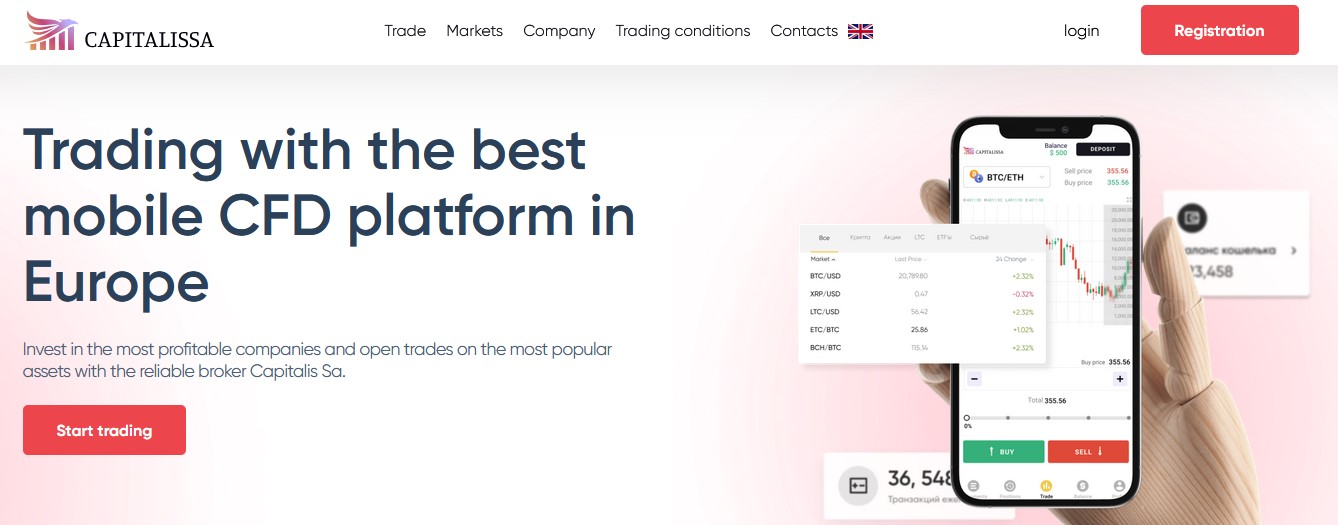Role and functions of brokers in the Forex market
.jpg) Julius Conley
09 / August / 24
Visitors: 202
Julius Conley
09 / August / 24
Visitors: 202
Forex brokers are an integral part of the trading ecosystem. They provide trading platforms, execute orders and offer various services including leverage, analytics and educational programmes. Brokers vary in type, scale and quality of services provided, and choosing the right broker is often one of the key factors in determining a trader's success or failure. In a highly competitive and complex regulatory environment, brokers are also required to ensure the safety of their clients' funds and adhere to strict standards of transparency and accountability. Also, we recommend reading what cryptocurrency derivatives are and how they work here.
Providing trading platforms
One of the key functions of brokers is to provide trading platforms. These platforms are the primary tool for traders, allowing them to execute trades, analyse market data and manage their accounts. Modern trading platforms are equipped with various technical analysis tools, charts, indicators and news feeds to help traders keep track of market changes and make informed decisions. For example, popular platforms such as MetaTrader 4 and MetaTrader 5 offer a wide range of features, including the ability to install Expert Advisors and automated trading systems.
Order Execution
Brokers play an important role in executing orders to buy or sell currency pairs. There are two main types of order execution: Dealing centres (market makers) and STP/ECN brokers. Dealing centres themselves act as a counterparty in transactions, which can cause conflicts of interest, as they make money on the difference between the buy and sell prices (spread). STP/ECN brokers, on the other hand, pass client orders to the interbank market, providing more transparent pricing and order execution. This type of broker typically attracts traders who value fast execution and no conflict of interest.
Providing leverage
Leverage is a financial tool that allows traders to open positions larger than they have equity in. Brokers provide leverage, which can vary depending on company policy and regulation in a particular jurisdiction. For example, leverage of 1:100 means that a trader can control a position of 100 times their deposit. Using leverage can greatly increase potential profits, but it can also increase risks. Inexperienced traders should be especially careful with its use, as it can lead to significant losses.
Analytics and educational resources
Many brokers offer their clients access to analytics and educational resources. These can include daily market reports, analytical articles, forecasts of economic events, webinars and online courses. This approach helps traders improve their knowledge of the market and develop the necessary skills to trade successfully. Educational programmes often include lessons on fundamental and technical analysis, risk management and developing trading strategies. Some brokers also offer demo accounts that allow traders to practice without the risk of losing real money.
Account management and financial transactions
Brokers are also involved in managing client accounts and processing financial transactions such as deposits, withdrawals and transfers. These transactions must be fast and secure, which is an important criterion when choosing a broker. Reliable brokers provide their clients with multiple deposit and withdrawal methods, including bank transfers, credit cards and electronic payment systems.
Regulation and protection of client funds
Regulation is an important aspect of forex brokers. Regulated brokers are required to adhere to strict standards regarding the safekeeping of client funds, record keeping and transparency of operations. For example, some jurisdictions require that client funds be held in separate accounts, segregated from the broker's own funds. This ensures that customer funds are protected in the event of a broker's bankruptcy. Regulators such as the US Securities and Exchange Commission (SEC), the UK Financial Conduct Authority (FCA) and others monitor brokers and ensure compliance with laws and regulations.
Conclusion
Forex brokers fulfil many important functions, from providing trading platforms and order execution to providing analytics and educational resources. They also play an important role in ensuring the safety of client funds and regulatory compliance. Choosing a reliable and regulated broker is critical for traders as it affects the quality of trading, protection of funds and overall success in the forex market.
We have compiled a list of brokers, that we recommend avoiding.







